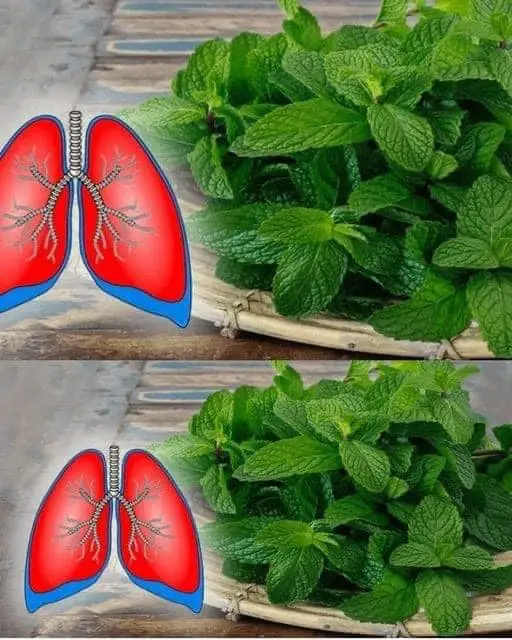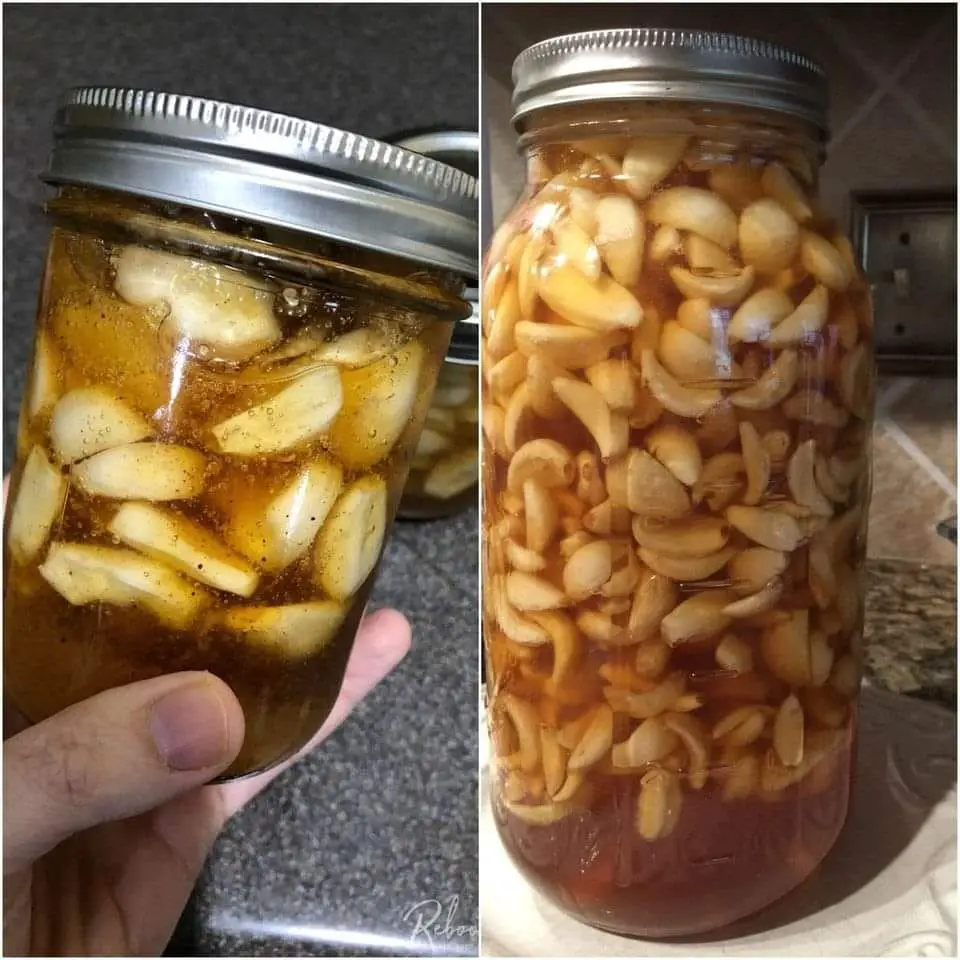Utilizing Natural Remedies to Improve the Health of the Respiratory System Introduction
In the area of natural treatments, there are some plants that stand out for their powerful support of respiratory health. These plants provide relief for illnesses such as asthma, shortness of breath, and infections. By including these plants into your health regimen, you may provide a comprehensive approach to the management of respiratory disorders, which can complement established medicines.
Ginger: The Respiratory Supporter of Nature
Ginger is well-known for its anti-inflammatory and muscle-relaxing effects. Research has shown that ginger may decrease inflammation in the respiratory system and lessen the muscular tension that is associated with asthma. Ginger, honey, and lemon may be used to create a remedy that might reduce shortness of breath. Additionally, frequent ingestion of ginger may help avoid respiratory problems.
Lungs that are dry and irritated might be soothed by gorge.
Borage, which has a cooling effect, is beneficial for soothing dry and inflamed lungs. For the purpose of providing moisture to the lungs and alleviating pain, steeping borage flowering tips in hot water might be beneficial.
The Powerhouse of the Respiratory System: Eucalyptus
Not only is eucalyptus known for its antiseptic properties, but it is also beneficial in treating respiratory conditions, chronic rheumatism, and asthma. Its active component, eucalyptol, is especially significant in this regard. Furthermore, it alleviates fever and exhaustion, and in some clinics, it is also used to control diabetes.
Thyme, the Antibiotic Found in Nature
Essential oils derived from thyme have antiseptic properties, which help to alleviate chest congestion by serving as natural antibiotics and antifungals. As a result of its ability to combat bacteria and viruses, its infusion is particularly effective in treating respiratory infections and bacterial pneumonia.
Licorice is a tranquilizer and an expectorant.
In addition to its ability to soothe mucous membranes and function as a stimulating expectorant, licorice has characteristics that make it softening and anti-inflammatory. Infusing water with a little amount of dried root that has been coarsely chopped or powdered may go a long way.
Known as the Lung Decongestant, Hyssop
When the blooming tops of hyssop are immersed in boiling water, they release medicinal properties that are unparalleled in their ability to clear congestion from the lungs.
Suggestions for the Implementation of Natural Remedies:
Start off slowly: The efficiency of each herb, as well as any possible adverse effects, should be evaluated by introducing it one at a time.
Putting Quality First: If you want to get the most out of the medicinal advantages of herbs, make sure you use organic herbs of good quality.
Talk to a Qualified Individual: Before adding new herbal treatments into your regimen, it is important to get the advice of a qualified medical practitioner, particularly if you are already using medicines or have any pre-existing illnesses.
Maintain your consistency: In any kind of treatment, consistency is of the utmost importance. Make sure that you include these herbs in your regimen on a consistent basis so that you may get all of their advantages.
See also: Recipe for Amish Egg Noodles Frequently Asked Questions (FAQs) Here are some questions:
If you have respiratory issues, are these plants capable of taking the place of conventional medication?
1. A: Despite the fact that these herbs may be used in conjunction with conventional treatments, they are not intended to take the place of prescription medicine. Before making any modifications to your treatment plan, you should always discuss the matter with a qualified medical practitioner.
“Ezoic”
When utilizing these herbs, are there any potential adverse effects that come along with it?
Although it is widely accepted that these herbs are safe to use when they are taken in the recommended manner, there is a possibility that some people may develop adverse reactions or interactions with pharmaceuticals. Before beginning any herbal regimen, it is very necessary to get the advice of a qualified medical practitioner.
What is the best way to prepare these herbs so that they may be consumed?
One may prepare herbs in a variety of ways, including making teas, infusions, tinctures, or incorporating them into gourmet meals, depending on the herb. Adhere to the specified doses and methods of preparation in order to guarantee both safety and effectiveness.
It is possible to improve the natural healing process and provide support for respiratory disorders by including these plants into your usual healthcare regimen. On the other hand, before beginning to use new herbal treatments, it is very necessary to get the advice of a qualified medical practitioner, particularly if you are already using pharmaceuticals or have pre-existing illnesses.




